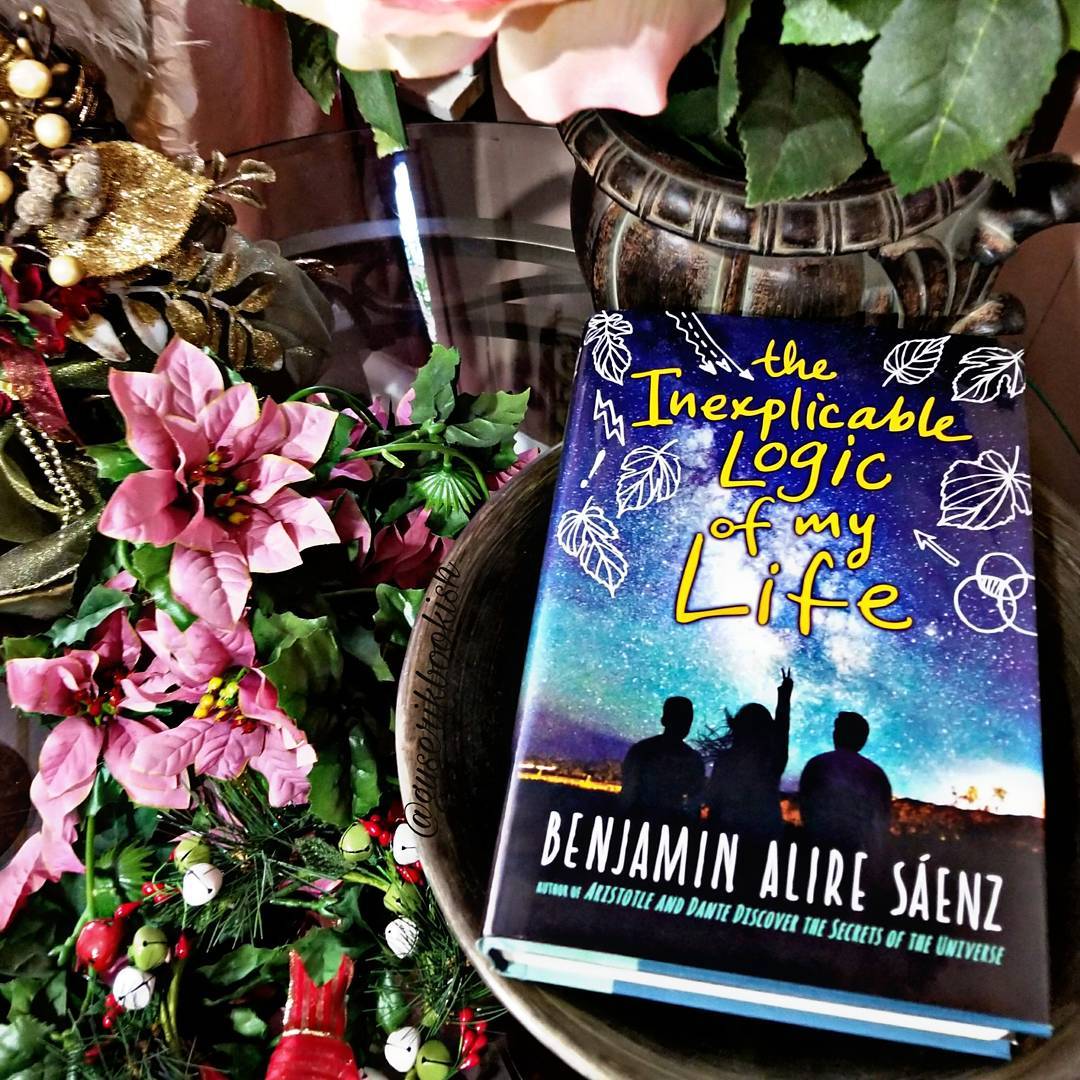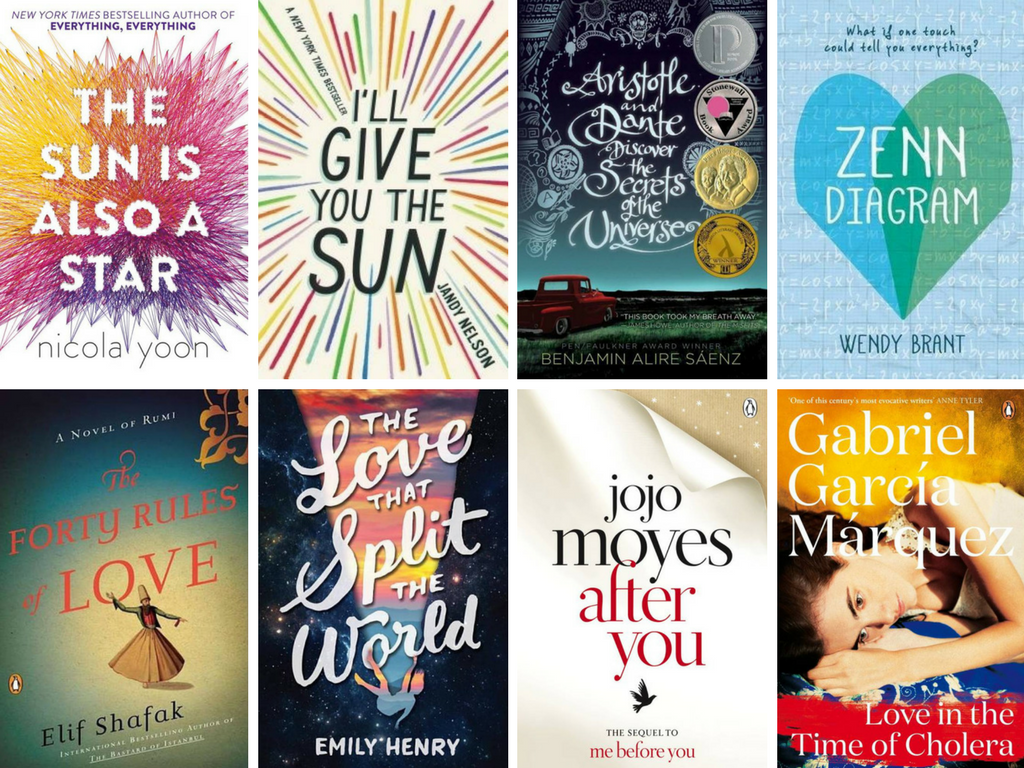- What inspired you to write When the Tigers Roar? Was there a particular moment or idea that sparked the story?
It all started with Harry Potter. I grew up reading it and, like so many others, I was completely hooked. I was amazed how an author could create such a detailed and magical world—it felt so real. And somewhere along the way, I thought, I want to do that too. I wanted to create a world of my own, with characters people could connect with. But then life took over—studies, work, everything else—and that dream got pushed aside for a while. Still, it was always there at the back of my mind. One day, I finally opened my laptop and started writing. That’s how When the Tigers Roar was born—a world I’m really proud of.
2. How did you develop the concept of the Suryavaghs? Were they inspired by any real myths or folklore?
I love fantasy, especially the creatures like dragons, vampires and werewolves. They fascinate me. But when I started this story, I wanted to create a world that felt fresh and not overdone. And it had to be connected to where I come from. That’s when the idea of tigers came to me. In India, they’re a powerful symbol. They are majestic, fierce, and our national animal. It just felt right. So the Suryavaghs were born. In the story, they draw their strength from the Sun, which is why they’re called Suryavaghs—meaning Sun Tigers.
3. Do you plot out your stories in advance, or do you prefer to let them unfold as you write?
A bit of both. I usually start with a rough idea of what a chapter should cover, but once I start writing, things often change. The characters tend to take on a life of their own, and their interactions lead the story in a different direction. Once I’m done, I like to take a break and then revisit the chapter with fresh eyes—just like a reader. That’s when I catch things I might’ve missed or spot areas that don’t work. I add more depth or I trim it down. It’s a mix of planning and letting the story surprise me.
4. What does your ideal writing day look like? Do you have any rituals or habits that help you stay focused?
I’m pretty simple when it comes to writing. I just need some peace and quiet. Mornings work best for me. That is when my brain actually cooperates. I keep a water bottle close and some snacks because once I sit down, I lose track of time. Hunger’s the only thing that can pull me out of the writing zone. Other than that, no fancy rituals—just me and my laptop.
5. How do you balance writing with your stock market trading and investing background?
Balancing writing with a job is definitely a challenge. There are days when work completely drains you, and the last thing you want is to stare at another screen. But luckily, working from home gives me some flexibility. I sneak in time whenever I can, like early mornings. Weekends are my favourite though. I can switch off from work and immerse myself in my story.

6. You mention being inspired by Harry Potter, Dan Brown’s mysteries, and The Twilight Saga. How do these influences show up in your work?
Each of those books inspired different aspects of When The Tigers Roar. Harry Potter is what sparked my love for fantasy in the first place—it made me want to create a world of my own. Dan Brown’s mysteries, on the other hand, taught me the art of keeping readers engaged till the very end. I love how his stories are fast-paced and full of twists, and I tried to bring a bit of that thrill into my plot. And then there’s The Twilight Saga—the whole idea of forbidden love really stuck with me. That influence definitely found its way into my story too, shaping some of the relationships and emotional conflicts in the book.
7. If you could converse with any author, living or dead, who would it be and why?
I would love to sit and chat with George R. R. Martin and J. K. Rowling. Not just because they created the most intricate fantasy worlds ever written, but because I’d love to ask them how they stayed patient while building worlds so huge and detailed. Did they ever feel lost or stuck? Or doubt if readers would question the workings of the magical systems.
8. What do you hope readers take away from When the Tigers Roar?
One of the reasons I’ve always loved fantasy is because it lets you escape just for a little while and lose yourself in a whole new world. That’s exactly what I hope When the Tigers Roar does for readers. I want them to explore the world of the Suryavaghs, get caught up in the story, and forget about everything else for a bit. And along the way, I hope it reminds them that even when you feel ordinary, there’s something extraordinary waiting inside you. You just have to find it.
9. Can you share any hints about what you’re working on next? Will there be a sequel?
There’s still so much left to explore in the world of the Suryavaghs—secrets to uncover, magic to understand. So I don’t think the story is over… not yet. Some characters aren’t done causing trouble, and I’m not done with them either. A sequel might be on the horizon. I’ll share more when the time feels right.
10. What would it be if you could give your younger self one piece of writing advice?
I’d tell my younger self—just start. Don’t over think it or wait for the perfect idea or the perfect words. It’s okay if what you write feels terrible at first. You’ll get better. The hardest part is to begin. You can’t fix a blank page, but you can fix bad writing.



























